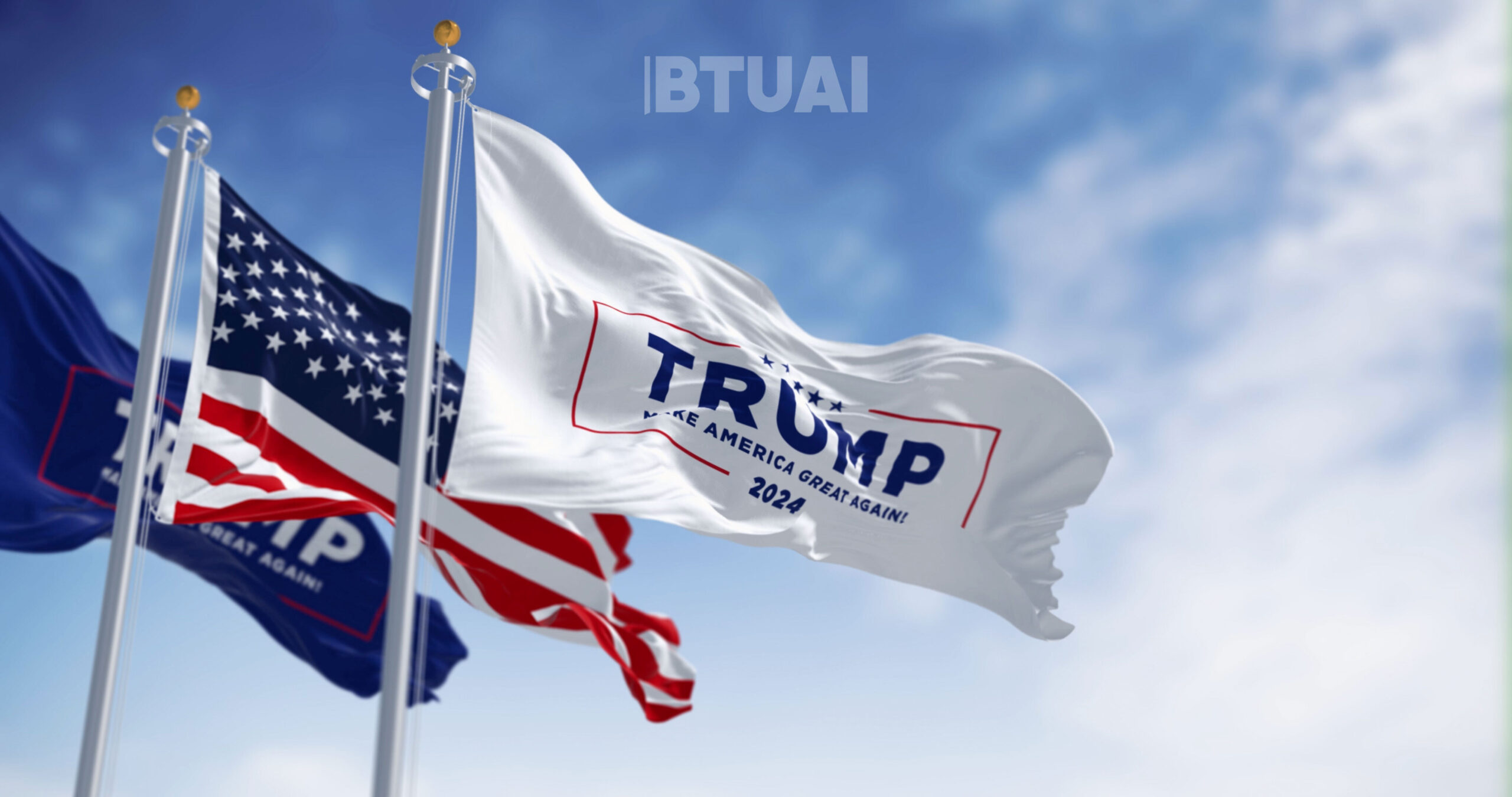Trump’s Return – The Possible Impact of Complicating Relations with Iran on Georgia
The newly elected President of the United States, Donald Trump, plans to adopt a stricter policy toward Iran, which

The newly elected President of the United States, Donald Trump, plans to adopt a stricter policy toward Iran, which includes increasing sanctions and restricting Iran’s oil exports. These measures aim to halt the financing of violent activities by Tehran in the Middle East region and to intensify pressure on its nuclear program. In this article, we will discuss the impact of Trump’s policy against Iran, how it will affect Georgia’s economic and political situation, and what steps Georgia should take in light of these changes.
During his first term, Trump took a tough stance on Iran. He withdrew from the so-called nuclear agreement (JCPOA) and launched a “maximum pressure” campaign, aimed at curbing Tehran’s nuclear ambitions, cutting off the funding of terrorist organizations, and improving human rights. Despite this, Iran continued to strengthen its military and nuclear capabilities. Now, as Trump returns, his approach is likely to be even tougher and more targeted, especially considering reports that Iranian agents allegedly attempted to assassinate Trump and his former officials.
The main plan of Trump’s administration against Iran will likely involve tightening sanctions and taking actions to obstruct Iran’s oil revenue. The new sanctions will probably aim to limit Iran’s financial resources and deepen its international isolation. These steps are expected to target key structures of Iran’s economy, making it difficult for the country to pursue its regional ambitions.
Iran’s oil exports are one of the main sources of revenue for its economy, so restricting these exports will likely be a significant blow to the country’s financial stability. Trump’s administration is likely to implement sanctions not only on Iran’s oil industry but also on foreign companies and ports that handle and transport Iranian oil. This includes countries like China and India, which are the main buyers of Iranian oil. Sanctions against these countries will likely create global pressure and further deplete Iran’s economy.
Furthermore, Trump’s administration is likely to intensify military pressure on forces supported by Iran in the Middle East. This includes supporting Israel, which is already conducting actions against Iran’s Hezbollah and Hamas. Trump’s team does not rule out the possibility of further strengthening US military actions against Iran to curb Tehran’s growing influence in the region. Examples of this are Israeli attacks on Iranian military facilities aimed at weakening Iran’s nuclear and missile capabilities.
Another important step by Trump’s administration will likely be diplomatic pressure aimed at increasing Iran’s isolation on the international stage. Trump will probably seek to gain the support of the United Nations, the European Union, and other international organizations to adopt new resolutions against Iran that will further restrict its economic and political activities. In addition, the US is expected to pursue closer cooperation with Arab countries to create a united front against Iran. This includes deepening relations with Saudi Arabia and the United Arab Emirates, which are considered Iran’s main regional rivals.
Trump’s administration also plans to increase pressure on Iran’s financial institutions. This includes tightening sanctions against the Central Bank of Iran and other financial institutions to stop Iran’s financial operations on international markets. Furthermore, the US is likely to extend financial sanctions to banks and financial organizations that help Iran circumvent sanctions. Such actions are expected to create greater challenges for Iran in integrating into the international financial system and will hinder its economic growth.
“Maximum Pressure 2.0” in Trump’s second term will likely mean intensified sanctions, blocking Iran’s financial resources, and deepening its international isolation. These measures may create new diplomatic and military tensions in the region, while also halting Iran’s oil exports and economic activity. This could lead to a deepening of internal economic crises in Iran, threatening the stability of the Tehran government. However, Iran is also expected to try to maintain its international partnerships in Asia and strengthen cooperation with organizations like the Shanghai Cooperation Organization to counter Western pressure.
The impact of the policy against Iran will likely be felt not only in the region but also on the global market. The tightening of sanctions may cause a rise in global oil prices, which in turn could threaten economies like Georgia’s. Rising oil prices could directly affect Georgia’s energy costs, which would have a negative impact on various sectors of the economy.
It is advisable to start working now to mitigate these risks by focusing on diversifying energy policies. Seeking energy sources from other markets and developing alternative energy sources will enhance Georgia’s energy security and reduce the pressure of dependence on oil prices.




